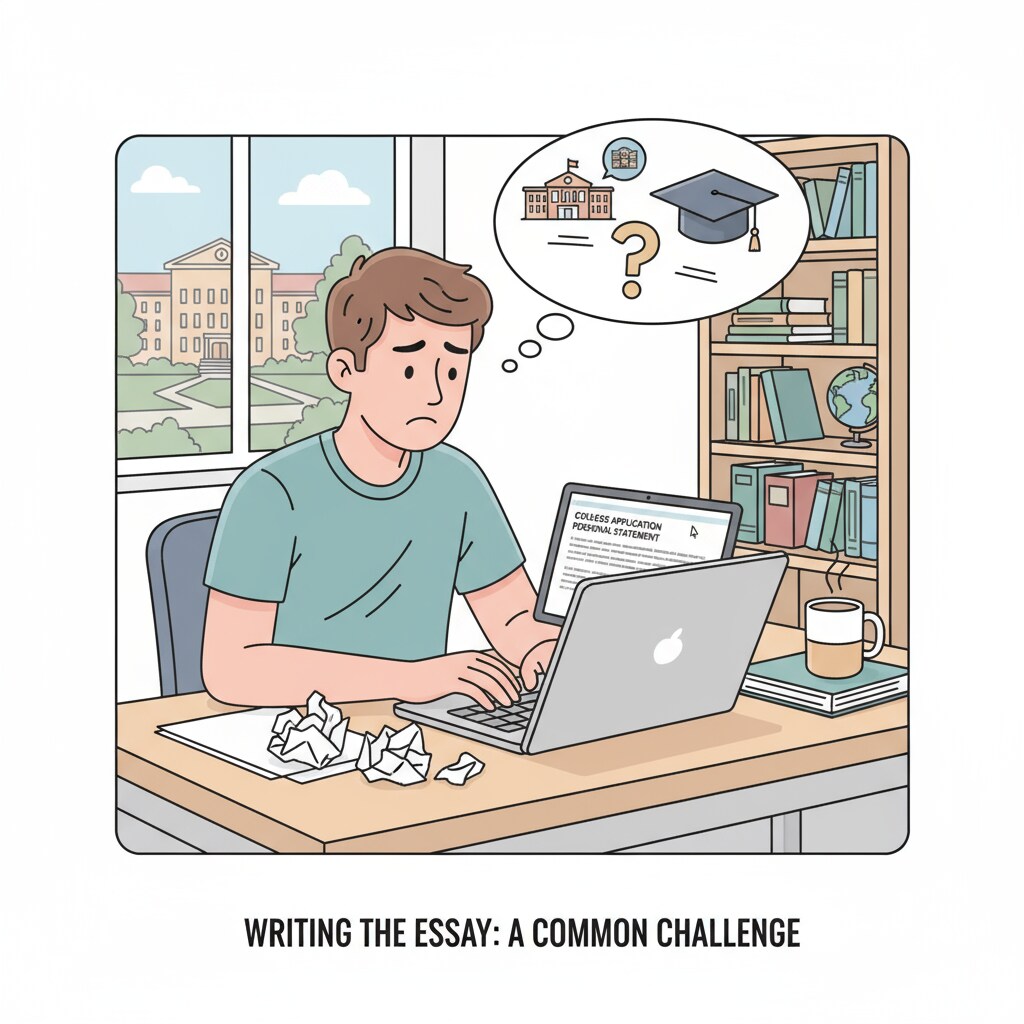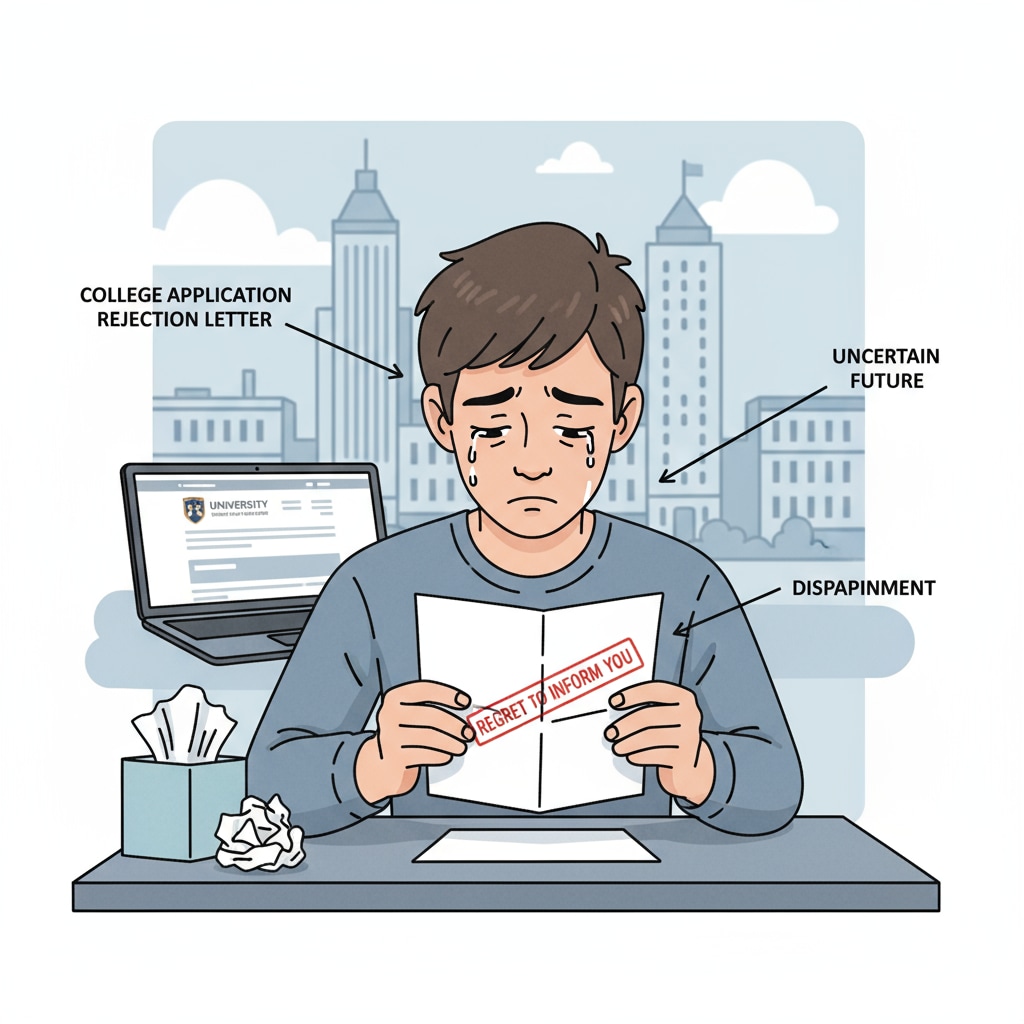In the current landscape of college applications, the integration of AI detection tools has introduced a significant challenge for students. Personal statements, a crucial part of the college application process, are now at risk of being falsely flagged as AI-generated. This emerging issue is causing distress among K12 students as they strive to present their authentic selves to college admissions committees.

The Impact on College Aspirants
For students, having their personal statements wrongly labeled as AI-generated can be a nightmare. College admissions officers rely heavily on these statements to understand an applicant’s character, motivations, and potential. A false flag can lead to a rejection, even if the student has put in hours of hard work to craft a genuine piece. For example, a student who has poured their heart into sharing their unique experiences and goals may find their efforts in vain due to an inaccurate AI detection result. This not only affects their chances of getting into their dream college but also undermines their confidence and self-esteem.

The Flaws in AI Detection Tools
AI detection tools, while designed to identify AI-generated content, are far from perfect. These tools often rely on patterns and language models to make their assessments. However, they can’t always distinguish between creative writing styles and AI-generated text. For instance, a student with a distinct writing voice or someone who uses advanced vocabulary might be flagged as using AI. According to Wikipedia’s entry on Artificial Intelligence, the complexity of human language makes it difficult for these tools to provide accurate results every time. This lack of precision is a major concern in the context of college applications, where the stakes are high for students.
Steps for Students, Parents, and Educators
Students should take proactive steps to protect themselves. They can keep records of their writing process, such as drafts and notes, to prove the authenticity of their work. Parents can also play a role by being involved in the application process and advocating for their children if a false flag occurs. Educators, on the other hand, can help students develop strong writing skills and provide guidance on how to avoid being misidentified. By working together, they can better navigate this new challenge in the intersection of technology and education. As stated in Britannica’s article on Education, a collaborative approach is essential in ensuring that students’ true abilities are recognized during the college application process.
Readability guidance: This article uses short paragraphs to convey information clearly. Each section focuses on a key aspect of the issue, and lists could be further developed to provide more detailed advice. The use of passive语态 is minimized, and transition words like ‘for example’ and ‘however’ are used to enhance the flow of the text.


